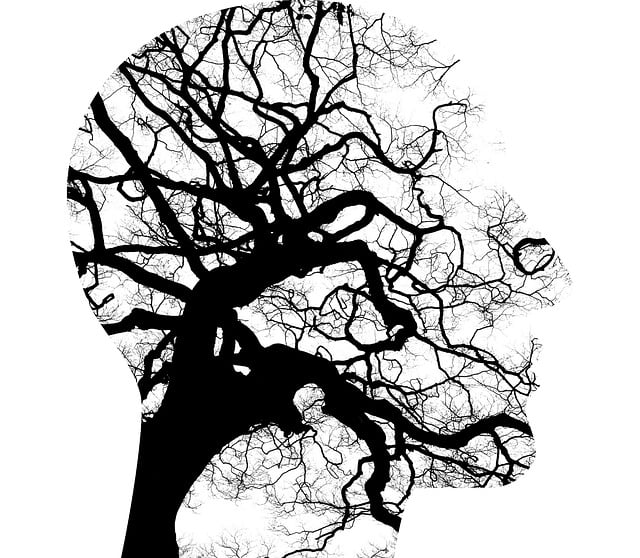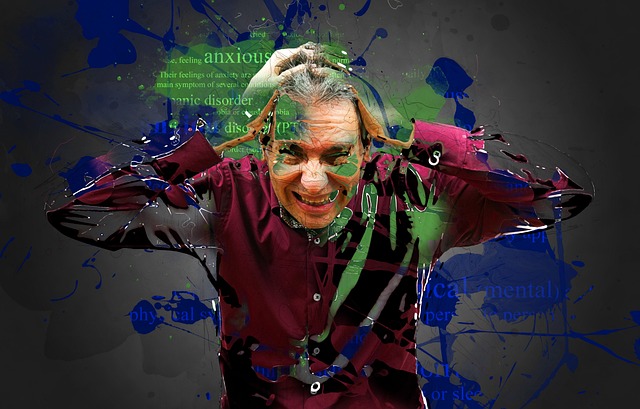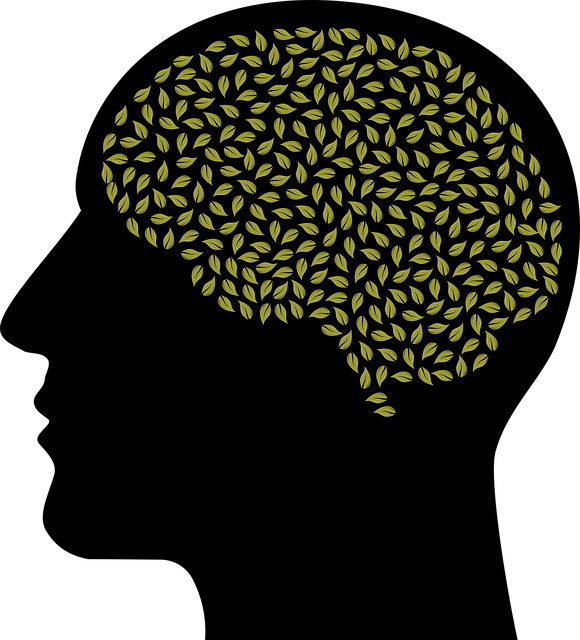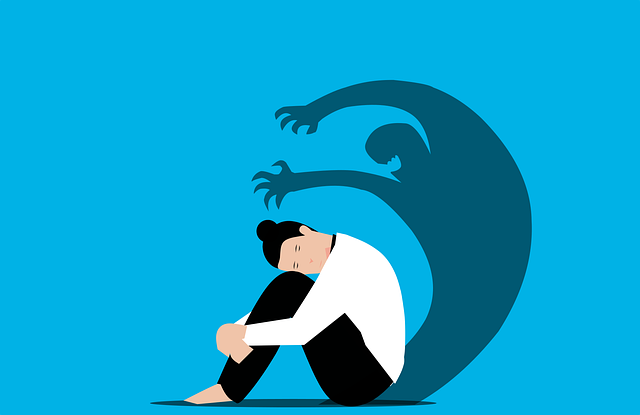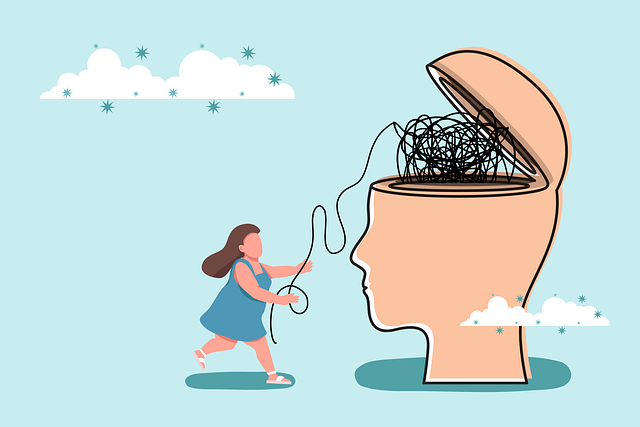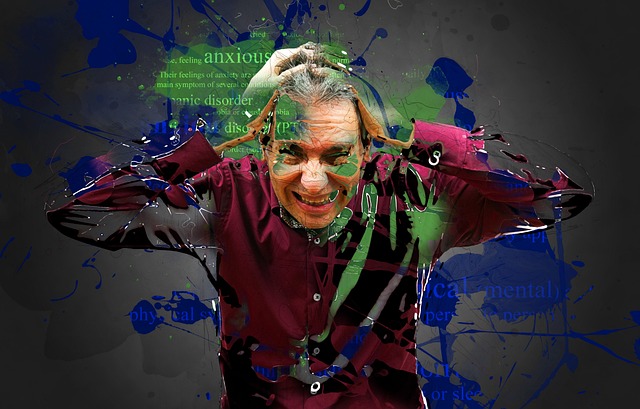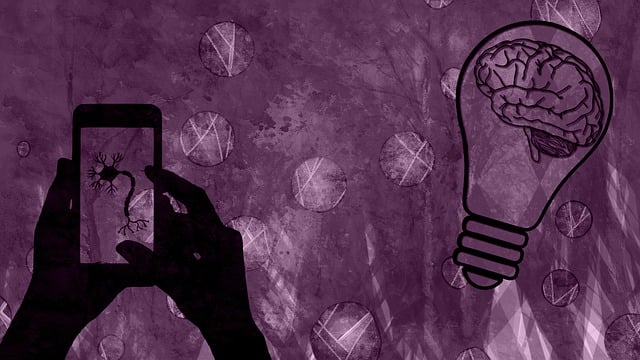Centennial EMDR Therapy is a modern psychological approach combining historical insights with cutting-edge techniques to address loss, grief, and bereavement. Recognizing that grief is non-linear, this therapy targets memories, emotions, and physical sensations to help individuals process their losses, build resilience, and cultivate positive thinking. By facilitating the brain's natural healing process, Centennial EMDR Therapy transforms grief into a catalyst for personal growth and renewed purpose, empowering clients with tools for healing and mental wellness during challenging times.
Loss, grief, and bereavement counseling are essential aspects of healing after a significant loss. This article explores the historical context of these processes and introduces Centennial EMDR Therapy as a modern approach to managing trauma related to loss. We delve into the unique techniques employed by this therapy and highlight its numerous benefits for clients. Additionally, practical tips for both clients and counselors navigating the healing process using Centennial EMDR are provided, emphasizing its role in fostering resilience and emotional well-being.
- Understanding Loss, Grief, and Bereavement: A Historical Perspective with Centennial EMDR Therapy
- The Role of Centennial EMDR Therapy in Counseling: Techniques and Benefits
- Navigating the Healing Process: Practical Tips for Clients and Counselors Using Centennial EMDR Therapy
Understanding Loss, Grief, and Bereavement: A Historical Perspective with Centennial EMDR Therapy

Loss, grief, and bereavement have been integral parts of human life for centuries, yet understanding and addressing them effectively remains a complex journey. Historically, societies often relied on religious rituals and community support to help individuals cope with profound loss. However, as we enter the modern era, psychological approaches like Centennial EMDR Therapy offer innovative ways to navigate these challenging emotions.
Centennial EMDR Therapy provides a unique perspective by integrating historical insights with cutting-edge techniques. It recognizes that grief is not a linear process but rather a complex interplay of memories, emotions, and physical sensations. By tapping into this multifaceted nature, the therapy aids individuals in processing their loss, fostering resilience building, and cultivating positive thinking. This approach focuses on developing inner strength, enabling people to transform their grief experience from one of profound sadness to a catalyst for personal growth and renewed purpose.
The Role of Centennial EMDR Therapy in Counseling: Techniques and Benefits

Centennial EMDR Therapy offers a unique and effective approach to counseling individuals experiencing loss, grief, and bereavement. This therapeutic method, inspired by Eye Movement Desensitization and Reprocessing (EMDR), utilizes specific techniques to help clients process and resolve traumatic memories and emotions associated with their loss. By combining lateral eye movements or other bilateral stimulation with guided self-awareness exercises, Centennial EMDR Therapy facilitates the brain’s natural healing process.
Through this therapy, individuals engage in self-awareness exercises that encourage them to explore and express their feelings openly. This process allows for a deeper understanding of one’s emotions and thoughts related to the loss. Additionally, Centennial EMDR helps clients develop effective mood management strategies, enabling them to cope with the intense grief associated with bereavement. As part of the therapy, individuals are also guided in creating a self-care routine tailored to their specific needs, promoting overall mental health and resilience during this challenging time.
Navigating the Healing Process: Practical Tips for Clients and Counselors Using Centennial EMDR Therapy

Navigating the healing process after loss can be a challenging and complex journey. Centennial EMDR Therapy offers a powerful approach to support clients in their grief and bereavement counseling. This therapy technique focuses on reprocessing traumatic memories and emotions, helping individuals integrate and heal from their experiences. By tapping into the mind’s natural healing mechanisms, clients can find solace and begin to rebuild their mental wellness.
Practical tips for both clients and counselors are essential in this process. Encourage clients to engage in regular self-care practices like journaling exercises to process their thoughts and emotions. This form of mental wellness guidance allows them to reflect on their feelings, track progress, and identify resources that aid in stress management. Counselors play a vital role in providing cultural competency training for healthcare providers, ensuring sensitive and effective support tailored to each client’s unique background. Through Centennial EMDR Therapy, individuals can find the strength to navigate their grief, fostering resilience and a sense of calm amidst the turmoil.
Centennial EMDR Therapy offers a powerful and effective approach to addressing loss, grief, and bereavement. By combining historical perspectives with modern techniques, this therapy provides clients and counselors with valuable tools to navigate the complex healing process. Through practical tips and evidence-based practices, Centennial EMDR Therapy enables individuals to find solace, process their emotions, and ultimately, embrace a new chapter in their lives, allowing them to move forward with resilience and hope.

